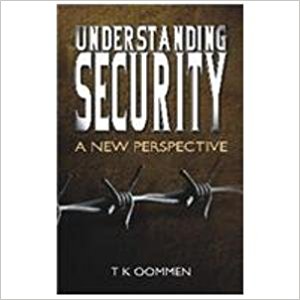The post-Cold War period has produced much speculation, review and reformulation of thinking in security studies and international relations theory. Beyond the concern with immediate practical questions such as “what is the new configuration of power in world politics?” and “what are the sources of insecurity for states and societies today?” lie deeper theoretical issues. The discipline of international relations is driven by differences on fundamental issues between realists, liberals, and constructivists. Their debates on the essential constituents of international relations and the extent to which change is possible are reflected in security studies, which itself is engaged in much discussion as to what constitutes security. As democracy sweeps across the world – if not always in structural form, then at least in aspiration of some kind – there is growing acknowledgement that the frame of reference for security is no longer the state, but people. The state remains essential to the attainment of security, but it is simultaneously the source of insecurity. Politics – who controls the state, and how it is organized to navigate the pulls of divergent inter-state as well as intra-state interests – is the key.
May 2006, volume 30, No 5

